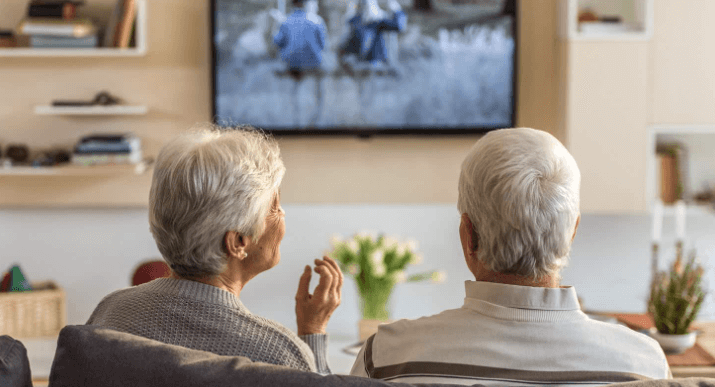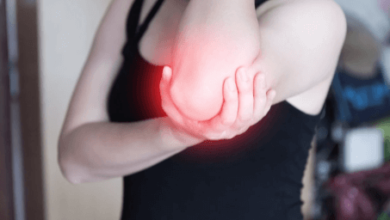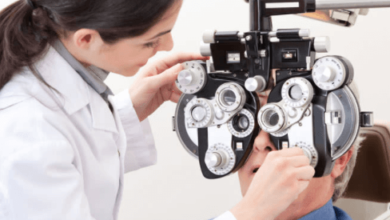How to Make Your Older Relatives Home Safe

As the caregiver of an older relative, their safety is one of your top priorities. Aging often comes along with declining physical and mental health, and an increased risk of injury.
Although you can’t always prevent age-associated health problems, there are many things that you can do to support an aging relative. If like many other older adults, your elderly relative spends the majority of their time at home, making their personal space safe and hazard-free is important.
Keeping their home tidy and implementing home modifications, such as shower standing handles, will minimize the risk of trips and falls. There are also several different modifications that you can implement in your loved one’s home to make it safer.
Creating a hazard-free space for your senior relative enables them to maintain a high level of independence and continue doing the things that they enjoy. Whether they enjoy cooking, gardening, or knitting, they can safely participate in their favorite hobbies.
When they aren’t afraid of falling over and getting injured, your loved one will feel confident moving around their home without assistance. Their quality of life will improve and they will feel happier in their own skin.
Top Tips to Keep Your Older Relative Safe and Secure at Home
So, how can you make your loved one’s home safe and secure to minimize the risk of falls and injuries? Here are some of our top tips for fall prevention in older adults.
Keep Their Home Tidy and Clutter-Free
Clutter is one of the leading causes of falls in the home. When there are objects and obstacles on the floor, your older relative can easily trip over them and fall to the ground.
Age-related eye health conditions can cause vision impairment or even vision loss. If your loved one has age-related macular degeneration, cataracts, or glaucoma, they might not spot clutter on the floor. If they trip and fall, they could sustain a serious injury.
By keeping your senior relative’s home as tidy and clutter-free as possible, you can minimize the risk of falls and injuries, keeping them safe and secure at home. Take some time each week to go through their home and tidy things away so that every room is easy to navigate.
Make sure to check with your relative before moving things around in their home. Older adults can often get distressed when their usual routine is disrupted or their personal belongings are moved. Keeping them fully informed of which rooms you are tidying and where you are moving things will reduce their worries and anxiety.
Sign Up For a Meal Delivery Service
If your relative is unsteady on their feet, cooking can be a risky task. As important as it is for your elderly relative to maintain independence, they may not be able to carry on cooking their own meals if it means risking their safety.
Signing up for a meal delivery service means your loved one can continue to eat healthy, fulfilling meals without the associated safety risks. There are several high-quality food delivery companies that can deliver freshly cooked meals for your senior relative each day.
You can choose to get all three meals delivered every day or just one main meal. Ask your relative whether they’d prefer to make their own breakfast and lunch, or if they’d rather have fresh food delivered to their home for every meal of the day.
Use Smart Home Devices
Nowadays, there is an endless number of smart devices that you can get for the home. Even if your older relative isn’t tech-savvy, they can still benefit from using these devices.
Smart technology for seniors makes daily living easier. Whether it’s voice-activated lighting, smart doorbells, or robot vacuum cleaners, these sophisticated devices can be useful to reduce safety risks for seniors.
When an older adult has limited mobility or impaired vision, moving around the home can be difficult. Smart devices remove the need for your senior relative to physically get up and use their devices. Instead, they can stay safe in their chair or bed and activate their equipment using a remote or their voice.
Not only can this reduce the risk of injury but it also makes life easier for your loved one. They can remain independent and confident at home. Plus, the challenge of learning how to use new technologies can maintain their cognitive health as they age.





